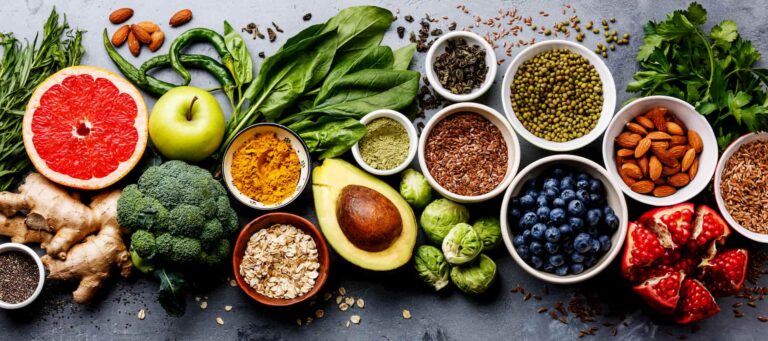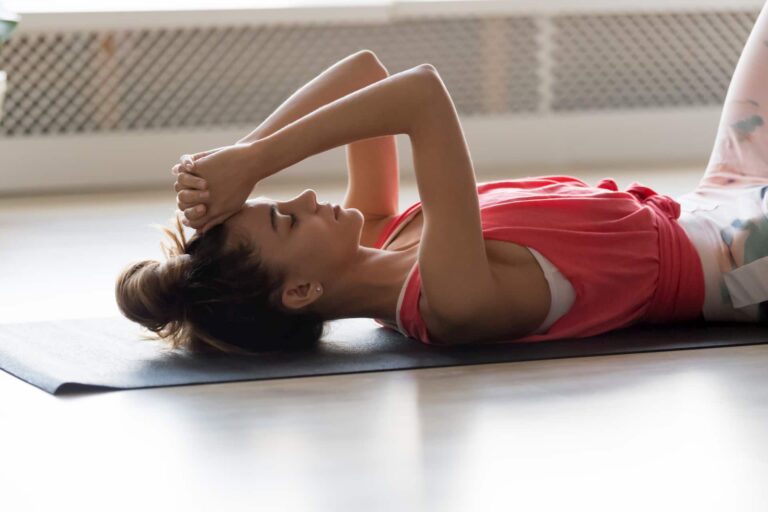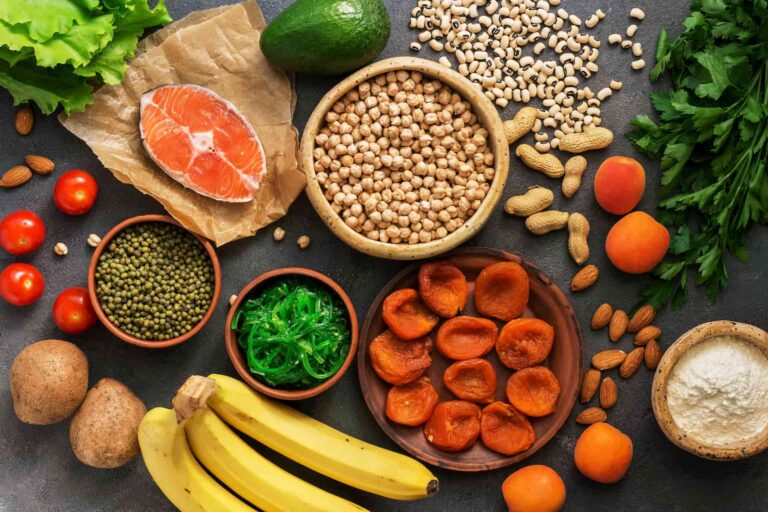
How to manage low serum iron when practising sport
Serum iron indicates the amount of “circulating iron” in the body, i.e., the […]
Those who practice endurance sports or sports that require great physical endurance know that sometimes nutritional support may be needed to maintain normal levels of iron in the blood. In this in-depth study, we will discover the necessary characteristics of the best iron supplement for athletes with iron deficiencies or increased bodily iron requirements.
A balanced diet, capable of providing the right amount of nutrients, is the basis for good health and optimal athletic performance. However, in some cases, diet alone is not sufficient to meet the needs of certain essential nutrients and it may be necessary to support the body’s needs with dietary supplements.
Iron is an essential mineral for the body as it promotes the formation of haemoglobin and myoglobin,which are responsible for the transportation of oxygen in the blood and muscles, as well as enzymes, cytochromes, which play a role in the metabolism of nutrients and drugs.
Iron is also important for:
Certain physiological conditions, such as the menstrual cycle, pregnancy and breastfeeding, growth in children and adolescents, or certain conditions involving poor iron absorption in the bowel may result in an iron deficiency or an increased bodily need for this nutrient.
When you have an iron deficiency you may experience symptoms such as:
In sportsmen and sportswomen, an iron deficiency can negatively affect athletic performance, so it is important to keep sideremia, atransferrinemia and ferritinemiaunder control, i.e., the values that allow to assess the blood iron level, to give an idea of the balance and distribution of iron in the body.
In endurance, marathon, triathlon or other endurance sports, or in professional athletes who require frequent athletic performance, iron deficiency can also be accompanied by micro-bleeding and increased haemolysis (destruction of red blood cells) due to shocks and continuous muscle contractions. In women of childbearing age and young people, the increased consumption of iron with sports activity can accelerate the decrease in the body’s stockpile of this nutrient.
In all cases in which diet alone is not sufficient to maintain normal bodily iron levels, a nutritional supplement may be required. Let’s find out together what the best iron supplement for athletes should contain.
There are many iron supplements suitable for athletes. In general, an amount of iron that can meet all or part of the daily requirement for this nutrient is accompanied by other nutrients that may promote iron absorption or that may contribute to normal haematopoiesis (red blood cell formation).
It should be noted that the best iron supplement for sportsmen and sportswomen possible is that which can meet the needs of the individual, which may vary depending on the type of physical activity carried out or the possible deficiency of iron or other nutrients. Therefore, it makes little sense to list the best iron supplements for athletes, but rather it is important to have an indication of which vitamins are most commonly associated with iron and the characteristics that can promote the absorption of iron in food supplements.
It is not uncommon to find vitamins listed in the ingredients in iron-based supplements. Let’s find out which are the most important and what their function is.
The vitamin most commonly associated with iron is vitamin C (ascorbic acid). Vitamin C is a water-soluble vitamin which, when administered together with iron, promotes intestinal absorption.
B group vitamins are also often present in iron supplements. B group vitamins and, specifically, vitamin B9 (folic acid) and vitamin B12 (cobalamin) are involved in the mechanisms of haematopoiesis (red blood cell formation) and energy metabolism. Vitamin B2 (riboflavin) facilitates iron metabolism.
A little while ago, when we were talking about vitamin C, we said that it promotes the intestinal absorption of iron. Vitamin C, in particular, enables the absorption of trivalent iron (Fe3+), which forms in the intestinal environment because it reduces it to the bivalent form (Fe2+), the only form that can be absorbed by the cells of the duodenum. This mechanism regulates the absorption of non-haem iron present in plant-based foods or inorganic iron present in most food supplements.
Other dietary supplements, however, have been formulated to improve iron absorption. Sucrosomial Iron®, present in the food supplements of the SiderAL® range, is an iron coated with Sucrosomial® Technology, which is more protected in the gastrointestinal environment and more easily absorbed by intestinal cells. Sucrosomial® Technology also increases the tolerability of iron and minimises any discomfort related to the use of conventional iron(irritation and heaviness of the stomach, change in colour of the mucous membranes).

Serum iron indicates the amount of “circulating iron” in the body, i.e., the […]

The basis of good health is always a varied and balanced diet. Athletes […]

Agonistic athletes may be subject to iron and haemoglobin level below normal range. […]

Sportsmen and sportswomen know how important a varied and balanced diet is, which […]

Anyone who practises sport on a competitive level will have already heard of […]
The technology that guarantees the best absorption of Iron.
Find out moreRegistered Office Via Campodavela, 1 56122 Pisa
Tel. +39 050 7846500
Fax +39 050 7846524
C.F. / P.Iva / Reg. Impr. 01679440501
Cap.Soc. € 1.123.097,70
I.V. | REA 146259
pharmanutra.it